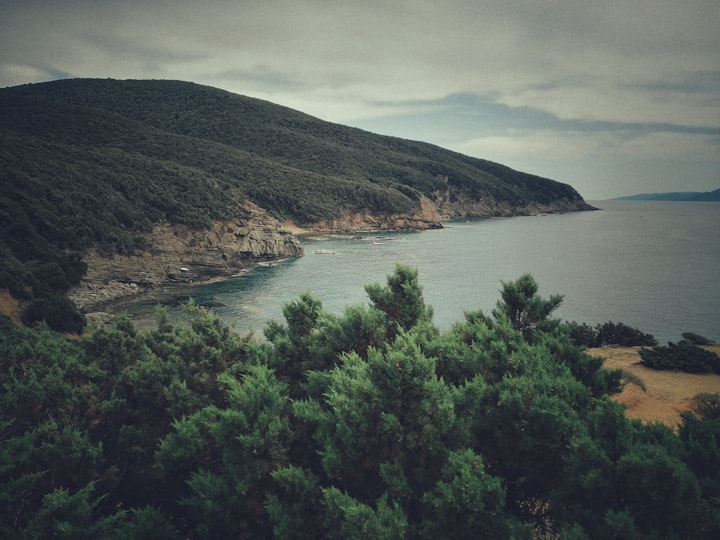Gordiano Lupi's "Miracolo a Piombino"
Review

Either because we are compatriots, either by age proximity, or by that contamination between high and popular culture that unites us, or by a profound inner affinity, no author pines and moves me like Gordiano Lupi, and “Miracle in Piombino” is no exception.
The short novel is the mixture of two previous and parallel stories: the revelation of the life of a seventeen-year-old, Marco, and his counterpart, the seagull Robert. One has to face the tragic loss of a love, the other the regaining of himself through the tunnel of loneliness. Robert, the seagull — the albatross of Baudelaire and Coleridge — is what the protagonist would like to be, a creature steeped in boundless solitude, but capable of exploiting this trait to face the world rather than deny it, opening new perspectives, traveling, in the end returning home, also thanks to love. Robert thus becomes Marco’s flight master, spiritual guide, totem pole.
Not much happens from one chapter to another, but we can’t get away from it, not so much because of the plot which, perhaps, symbolic and allusive as it is, ends up folding in on itself a little and skipping a few steps in the finale — also to follow a moment of madness of the protagonist — as for the style, steeped in poetry, I believe even a transcription of melancholic youthful verses.
We rediscover the themes dear to Lupi: memory, fierce, heartbreaking nostalgia for something that will never be again. I am reminded of an old song by Marisa Sannia, “White House”, which already then, and I was only seven years old, melted my heart. I already understood that I should have abandoned my childhood and that nothing would ever be the same again. “Sad as those who go to meet life.”
This is what Marco also feels, it is what all the protagonists of Lupi’s novels experience, the regret of not being today as they dreamed of becoming and, at the same time, the recognition that we were everything before, that we have lost everything precious: the dirty field, the building overlooking a glimpse of the port, the seagull’s wing blackened by soot. Beautiful or ugly, they were “the places in his history”, they were “his world”.
Rocks, wind, salt, tamarisks bent by the libeccio, seagulls poised on the oily water of the port, fig of the Hottentots and carnations of the cliffs, sheltered coves, the twisted and smoky monster of the steel mill, these are the eternal landscapes of Lupi. All seasoned with a nostalgia that never goes away, experienced in every moment, even at the limit of maturity. Thus, the dying grandfather represents the last thread with the fading past, with the time when “everything was still possible”.
“He felt the pain of what he was losing without being able to build anything but a castle of memories.”
How much loneliness, inability to live in the herd, to be like others, to like the same things, even to understand something that is not ourselves. How much feeling out of place everywhere, among the common people as well as among the intellectuals.
“He felt lonely because he didn’t have the strength to tell his world, because he was playing a part he couldn’t stand. “
The boy and the seagull, two solitudes that touch each other, to discover, then, that escape is only a return, that the only possibility of redemption, of continuation, of advancement, is in returning home (“Football and steel”), and in the recovery of memory (“In search of lost Piombino”), in cradling and harboring memories, which are all we have and who we are, our core, the inner sanctum of ourselves. Remembering to move forward, moving away to return, “because the heart doesn’t burst, after all. And it is possible to fly again. “
“From time to time he stopped in a small bay and floated calmly, carefully washing his white feathers, a little blackened by the coal dust of the distant steel mill. Towards evening he went to the lonely beach, walked with the typical gait of tired seagulls, waited patiently for the sun to set. Life did not impose itself on memories, distant sadnesses came back to memory and everything smelled of loneliness. “
How much poetry animates this text, how much poetry there is inside normal people.
About the Creator
Patrizia Poli
Patrizia Poli was born in Livorno in 1961. Writer of fiction and blogger, she published seven novels.






Comments
There are no comments for this story
Be the first to respond and start the conversation.